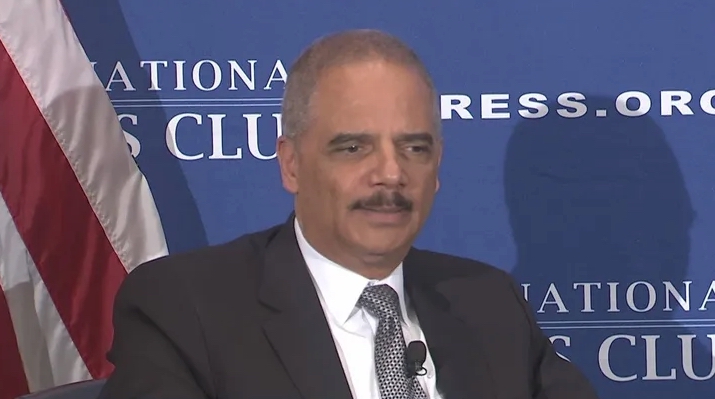This weekly newsletter, focused on environmental issues, highlights relevant analysis done by the John Locke Foundation and other think tanks, as well as items in the news.
1. They’re both wrong
Commentary
The mantra of the left when it comes to energy is that "we" need to be investing in renewable forms of energy such as solar and wind power. Conservatives like Newt Gingrich and Sean Hannity are quick to respond by saying that we should be pursuing what they often call an "all of the above" strategy. That is, "we" should be drilling for more oil and gas, building nuclear power plants, and investing in renewables.
First, I’d like to know who this "we" that they keep referring to. If they are talking about themselves and their families, I say fine, invest all you want in whatever you want. But why would you be announcing it to the world? Nobody cares. But something tells me that what they are referring to is the euphemistic "we" known as the government. And if this is the case, as I’m sure it is, both the left and the right are talking about the central planning of energy markets, which is simply more of the same approach that has given us the confused and chaotic energy markets that we face today.
This approach gave us massive shortages of oil, natural gas, and gasoline during the 1970s. It is currently responsible for a powerful OPEC cartel that has been able to sustain its power only because of supply restrictions on the part of the U.S. government, a heavily subsidized nuclear power industry that is a creature of the state and probably could not sustain investment on its own or even obtain insurance, and a renewables industry that exists only because of deficit spending on the part of the Feds.
The correct prescription — and people like Gingrich and Hannity should know this — is to stop centrally planning the energy industry. Get rid of all existing subsidies that lead to the overproduction of inefficient energy sources and penalties that lead to the underproduction of efficient ones. It is only then that the "right" mix of energy sources will emerge. I do not know what that mix will be. And the fact is, neither do Barack Obama, Sean Hannity or Newt Gingrich know either. Our policy should be to get the government out of the way and invite anyone who thinks they know to put their money where their mouth is.
2. Part of the strategy: sell the Strategic Petroleum Reserve (SPR) then close it
This is a very good article by Jerry Taylor and Peter van Doren of the Cato Institute published at Forbes.com. It outlines what should be part of the process of separating energy and state. Their focus is the Strategic Petroleum Reserve, which was put in place back in the 1970s. The SPR has been draining oil supplies from the market for almost 40 years now. Taylor and van Doren argue that there is no need for it and that it should be sold off and shut down. As the authors argue:
But does the federal government really need to be in the commodities business? Most people forget that the SPR was not established in order to stabilize prices during supply disruptions. Instead, it was established in response to the Saudi oil embargo in the fall of 1973 (to punish us for our support of Israel in the Yom Kippur War), an embargo that was blamed for fuel shortages and gas lines. But subsequent analysis by economists demonstrated that Saudi oil found its way onto the world oil market; albeit indirectly. …
Moreover, the shortages in the U.S. had nothing to do with the embargo; they were the result of an elaborate system of price controls instituted by President Nixon that eliminated the incentive of major oil companies to import crude oil into the U.S. Thus the entire narrative about the embargo and the need to protect ourselves against foreign policy blackmail was never true. Nor is it true today. The development of futures market, which did not exist in 1973, allows consumers and firms to insure against the financial consequences of oil shocks through contracting. …
What makes Congress think that market actors will not "hedge enough" and that they–the vote maximizing pols who haven’t spent a day of their lives in anything remotely resembling the world oil market–know what the "right" hedging strategies might be? To ask the question is to answer it.
Their ultimate conclusion:
Let’s release all the oil from the SPR in whatever manner maximizes returns for taxpayers. Let’s use the tens of billions that are earned from sales to reduce the deficit. And then let’s shut the thing down.
Click here for the Environmental Update archive.


